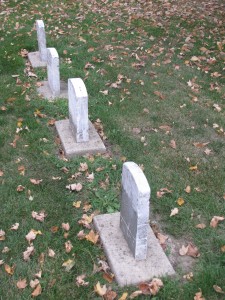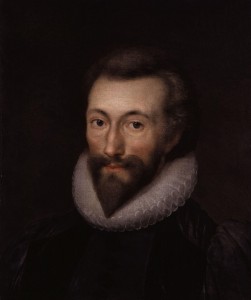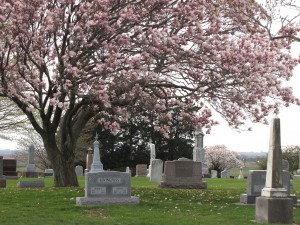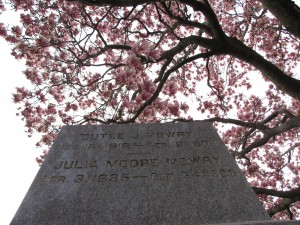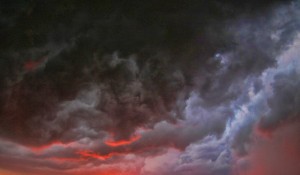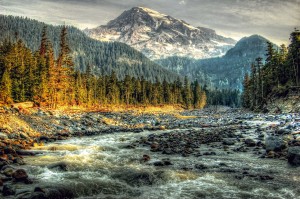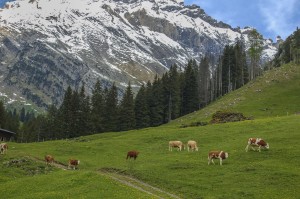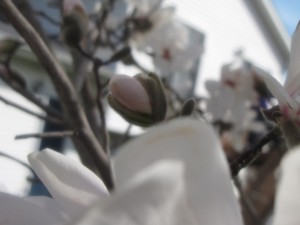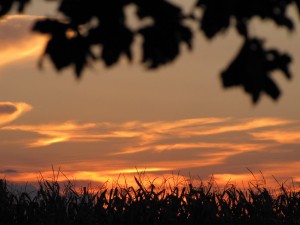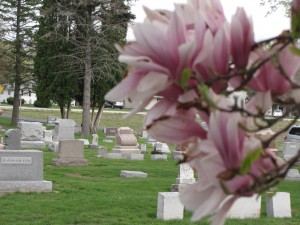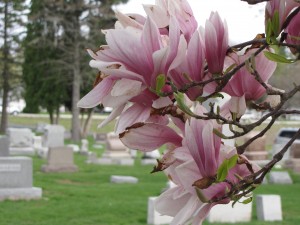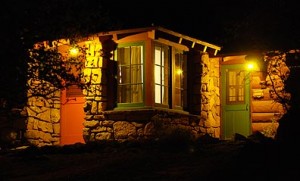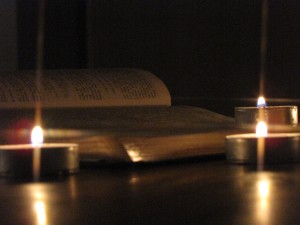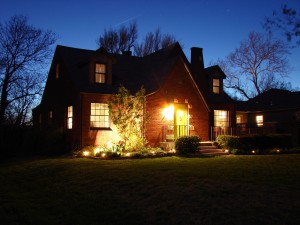To hear my blog post read aloud, just click the play button. If you’re reading this in an email, you may have to click here to hear the post on my site.
For the past several weeks in this space we have been talking about the vital importance of abiding in Jesus. This will be the last week of this series until after Christmas, when I hope to begin writing about a few specific Spiritual Disciplines. Perfect, perhaps, for the New Year.
If you would like to catch up, you can read the introduction here, the first part of abiding in daily life here, the second part of abiding in daily life here, and the first part of abiding in great storms here.
John Donne shows us how beautiful and natural it can be when we have steeped ourselves in Holy Habits and are thus able to allow God to transform us through our sufferings rather than to turn away from God in our bitterness or anger.
Donne is best known as a great English poet, but he was also a cleric in the Church of England. In 1623, he suffered through a serious illness. So serious, in fact, that he believed he was on his deathbed. During this illness he wrote Devotions upon Emergent Occasions, a book that combines Donne’s brilliant writing with his devotion to Christ to illuminate the ways in which we can respond to suffering when we have deliberately given over the time in our days to the Holy Spirit.
John Donne had a love for and a knowledge of Scripture that is stunning. He interacted with Scripture throughout his book as the Word of God to him, asking a question, quoting a Scripture in return, then responding once again. It is not as though he left all fear behind – he was honest about his weaknesses and his doubts – yet the Holy Spirit clearly was strengthening him, giving him hope, holding out truth to sustain him.
When he wrote of pain and tragedy, he admitted that he was fearful, but emphasized the hope also contained within: …because Thy hand being upon me, Thou wilt never let me fall out of Thy hand.
He understood the hope in death that we have in Christ: When one man dies, one chapter is not torn out of the book, but translated into a better language; and every chapter must be so translated.
Donne also wrote of the way God uses suffering to shape us, to mold the dark and dull thing that we are into something extraordinary, something full of light: Tribulation is treasure in the nature of it, but it is not current money in the use of it, except we get nearer and nearer our home, heaven, by it.
Peter Kreeft, in Heaven: The Heart’s Deepest Longing says something similar: (It is) all for our good, the finished product, God’s work of art, the Kingdom of Heaven. There is nothing outside heaven except hell. Earth is not outside heaven; it is heaven’s workshop, heaven’s womb.
The point, after all, of the Spiritual Disciplines is to allow God to reveal Himself to us, to give us Himself, to change us into the likeness of His own Self. When we are faithful to practice the Disciplines, the Holy Spirit changes our own self in a way that allows God to fill us with His presence when we are experiencing pain and suffering.
This, God’s presence, is what we need when we are struck by a sudden storm, but it is not what we desire. What we desire is for the storm to vanish, leaving sunshine and rainbows in its wake.
When we are not abiding in Christ, we can be blindsided when the storm does not vanish after we have prayed.
When Christ’s words are not abiding in us, we can deceive ourselves into believing that we are safe and when the ugly occurs to us or those we love, we are surprised and angry. We strike back at God, even if we claimed not to have believed in Him before, putting Him on trial for the brokenness we see around us.
Job did the same.
When disaster struck, stripping him of material possessions, his children, even his health, he demanded answers from God.
If only I knew where to find Him; if only I could go to His dwelling I would state my case before Him and fill my mouth with arguments. I would find out what He would answer me and consider what He would say.
Job demanded explanation and God responded not by answering his demands but by giving him a guided tour of creation.
It seems unsatisfactory. Job wanted to know why his world is burning to ashes around him and God showed Job the wonders of the zoological world and the stunning beauties of the galaxies and told him, I did this! He showed Job the mysteries of our world and our universe and said to him, I did this!
When Job wanted, even demanded, an answer from God, God gave him something much more beautiful than a simple answer.
He gave Job the same answer that He gives to all who ask, to all who seek: Himself.
After God had revealed Himself to Job through all of His wonders, Job said,
My ears had heard of You but now my eyes have seen You.
His seeing, his knowing came only through great pain.
Is this the only way to know? I truly believe that when we choose a holy kind of suffering, a suffering that Jesus also chose, a suffering through the Holy Disciplines, we can know God in a more beautiful and less scarring way.
The Holy Habits can also lead to a darkness of their own.
We are, after all, in a spiritual war, and God wants us, in the end, to love Him rather than only what comfort He brings to us.
Yet whether our suffering is chosen or unwelcomed, at just the right time, just when we think that we will never find a way out of the darkness and are ready to give up all hope of ever catching a glimpse of light or beauty again, God responds by disclosing not explanation, but the light of the world in a deeper way than we have ever seen before.
This is what the Spiritual Disciplines do: they allow the Holy Spirit to change our very hearts so that God can use the ugliness of this world to open us up so that we can receive what is truly the deepest desire of our hearts.
God Himself.
Conclusion
There are things in life which are common to us all.
We all have pieces of our lives that are ordinary, common, and mundane.
We all have pieces of our lives that bring pain, suffering, and ugliness.
We all dream of home.
Whether we have experienced a true home or have only read about such things, we all dream of a place where we are loved unconditionally and are safe. We dream of a place of light and warmth, of comfort and contentment.
We dream, whether we know it or not, of finding our home in Jesus.
We must be taught how to abide in Christ. We cannot even do this much on our own. We must watch Jesus, imitate His life, do the things He did in order to learn how to abide in Him as He abides in the Father. What we call the Spiritual Disciplines are simply the spiritual activities that Jesus practiced while on this earth.
When we weave these same Habits into our days we are simply following Jesus. We are following Jesus as He lived out His everyday life and we are following Jesus as He went through the kind of suffering most of us will never know. We are following Jesus as He lived the life of all humanity.
It is this following after Jesus that opens us up to knowing God.
These Holy Habits allow the space in our lives and our hearts for the Holy Spirit to transform us into the people God created us to be, the people who know God and dwell in Him and look just like Him.
Our world desperately needs “little Christs”, people who bear much fruit because they are abiding in Jesus.
Our world, the little piece of the world where we live, is full of people who are drowning in the loneliness of the ordinary.
Our world is full of people who are being crushed by the ugliness of pain.
Jesus is the light of home that shines out, drawing us into Himself.
He calls us who claim to follow Him to be the people who abide, the people who reflect His light to the bit of world in which He placed us.
Jesus calls us to make Him our home so that through us, others can come Home too.
Art credits: painting of John Donne by Isaac Oliver; storm, river, and mountain photos by Kirk Sewell; first home photo by Maria Langer from www.aneclecticmind.com; second home photo from www.oliverstravels.com; all other photos copyright Made Sacred 2017

